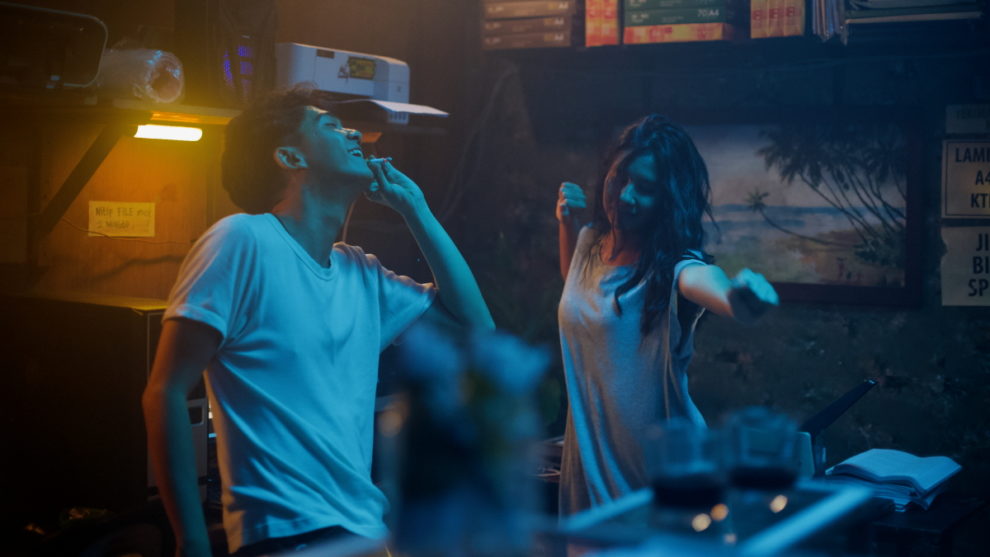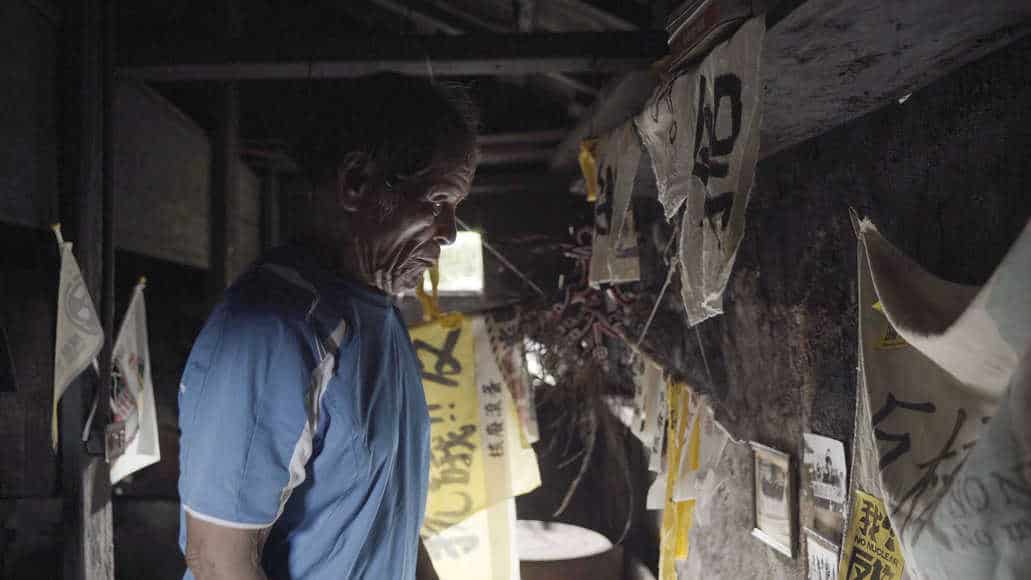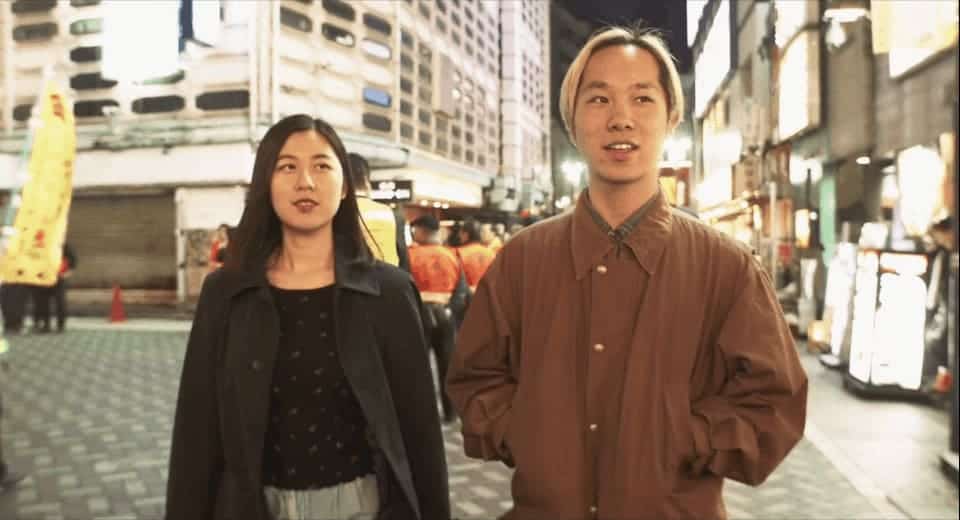by Joseph Leong
Premiering at the 26th Busan International Film Festival in 2021 and streaming on Netflix since January 2022, “Photocopier” (Penyalin Cahaya) is Indonesian film director and screenwriter Wregas Bhanuteja's feature-length debut.
This mystery thriller follows student Sur, played by Shenina Cinnamon, as she seeks to discover the truth behind how photos of her at a party had circulated online. Having failed in her scholarship application as a result of said photos, Sur performs an investigation of her own after her claims are dismissed by the interview board and father, only to uncover a startling series of numerous victims who have fallen prey to the same fate. Told mainly from the perspective of Sur as she embarks upon her quest, viewers are offered a voyeuristic look into the lives of those she investigates.
While at times forcing the viewer to question if her methods are justifiable, Sur is nonetheless a character one easily sympathises with as she is berated and turned down at every turn in her pursuit of the truth. The tone of the film is established early on, and Bhanuteja's cinematography stays true throughout in its understanding of Sur's emotional state; a constant state of bleakness told through muted greens that never truly reveals a light at the end of the tunnel. Earning Best Picture and Best Director at the 2021 Indonesian Film Festival, Wregas Bhanuteja's “Photocopier” effectively explores the harsh realities of sexual assault victims in the digital age in a way that remains neither pretentious nor absurd. It understands fully the people it is meant to represent and succeeds in conveying that very message vividly to its audience.
Set in a world that has finally started to address the empowerment of victims of sexual assault in the #MeToo era, “Photocopier”'s reflection of the Weinstein effect within a theatre group is more than effective in casting a light on growing evidence of lapses in the treatment of assault victims by governing bodies that appear uncaring of their plight. From private-hire car services to social media, the film adopts many of the hallmarks of the 21st century where everything can be managed through a smartphone and puts on display the ways in which location services and file sharing remain an integral part of our lives which, while convenient, run the very real risk of exploitation by those with nefarious intentions. Personal space is constantly addressed in the film; Sur lives with her friend Amin after being thrown out by her father, where physical space is demarcated between man and woman in a shared living space – a fitting contrast for a film where the privacy of its characters is constantly trespassed upon.
The film also continually explores the subversiveness of the victims to those in power. The power hierarchies here permeate all aspects of Sur's life, from her scholarship interviewers to the figureheads of the Mata Hari theatre group to the confines of her own home, Sur's life is mediated by patriarchal figures who determine the academic and social confines of her every action. The repercussions of agency are often exposed in a way where those in power make it impossible for those beneath to stand up for themselves. The acts of assault and invasion of privacy are kept silent by the victims themselves as a result of their inability to step forward without dire consequences to their prospects in their field of work. Instead, as Jerome Kurnia's compelling performance as Tariq reveals, certain victims have no choice other than to suffer in silence, breaking down only in the comfort of isolation, refusing to reveal any indications of the stress or anguish that they feel as a result of having fallen prey to sexual assault. Rather than have it said plainly by the authorities, the script succeeds in exemplifying Sur's plight as the victim within a society that hides thinly veiled instances of victim-blaming behind ‘pragmatic' reasoning.

With music by Yennu Arienda, “Photocopier”offers a tantalising approach to Bhanuteja's work beyond simply the script. In scenes where little or no words are said by the characters, Arienda's compositions instead force an emotive response from the audience that, when coupled with the stellar performances of Shenina Syawalita Cinnamon as Sur and Lutesha as Farah, creates a tension between the audience and the torment of the characters, forming a catalyst for sympathy with not just them but the very real victims they are meant to symbolise. The trance-like nature of the soundtrack truly embodies the sense of uncertainty and chaos within victims who have taken matters into their own hands and remain lost on how they can attain justice for themselves under a system that provides them little legal validity.
In the penultimate scene of the film, as Sur chases after her violator, the blaring of dengue fumigation announcements are overlaid upon the threatening rhythm of electronic beats, and all it would appear as though the truth would remain, as the announcements state, drained, covered, and buried. And it is under such dire straits that Bhanuteja's film stands out amongst its contemporaries, condemning the state of societal justice for assault victims, yet never forcing a contrary resolution that would undoubtedly have been taken as misrepresentative of real life. Instead, the finale of “Photocopier”and Cinnamon's Sur is adamant in exemplifying one simple truth – that “Even in the darkest hour, I decided to carry on working”; that the victims of sexual assault may be silenced, but they shall never remain silent.
















